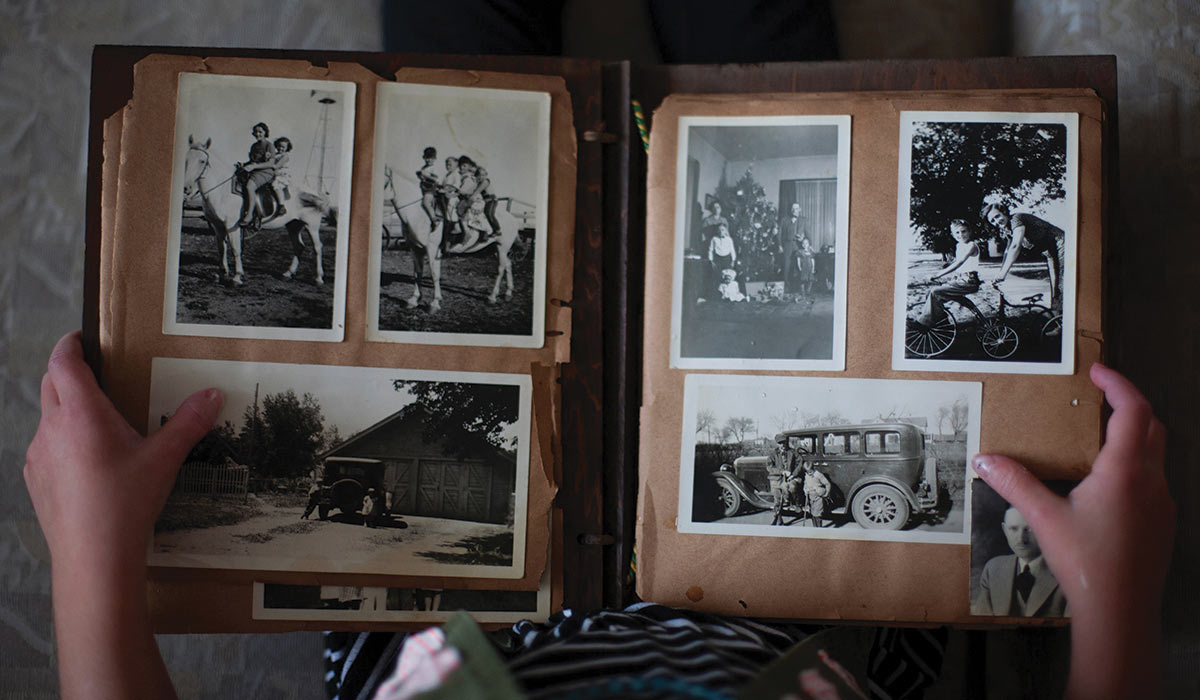Family of Origin: Redeeming Triangulation

On last week’s podcast, Dan and Becky Allender dove into the complex and heartbreaking realm of triangulation. This week, as they share more of their experience wading through this category, they discuss the messages that so often keep us from naming the truth of our experience—like the pressure to not “betray” our family or upset the status quo, whether we were the object of a parent’s frustrated desire and intimacy, or were a sibling who was not “chosen” and was left to wrestle with feelings of heartbreak and envy.
Dan: “These things don’t end because your parents are no longer on the earth. This is really hard, raw material—to own envy, and to own the misuse and misappropriation of intimacy in our families. […] In one sense, it’s hell to be chosen, and it’s hell to not be chosen.”
Becky and Dan reflect on the ways that triangulation uniquely played out in their families, and how those dynamics impacted their marriage. In the early years, Becky recalls feeling on the outside of the relationship between Dan and his mom, often feeling that she had to walk on eggshells. Becky had to wrestle with what Dan calls “the insanity of being my mother’s rival,” and as that reality became more clear, Becky was eventually able to name it. That courageous act of naming what she was seeing—what everybody else refused to see—seemed to make it harder for a time, because it brought these deeply entrenched dynamics closer to the surface.
The hardest thing is seeing the implications of an unfaced loyalty, actually naming ‘I am bound to my family, I’m bound to the loyalty.’
Dan: “The cycle of this was both heartbreaking and exhausting, and for the most part we just could not bear what loyalty shift toward one another actually would mean with regard to our families. There were some strong implications that, if loyalty really were to one another, there would be a price to pay in our families that at that time we didn’t have the courage or integrity to name. Yet I think we intuitively knew.”
Over the years, they began to learn that naming and engaging the reality of triangulation—again and again—is the only way to gain traction toward moving in a new direction, even when it seems to intensify the tension at first. Like all forms of abuse and trauma, the debris of triangulation is evident in every area of our life, including the ways we now relate to those we love. Working through that debris, then, is not an isolated act, nor is it one we can do instantaneously or by ourselves.
Dan: “If you get into this, it’s a mess. But if you don’t get into it, it’s a bigger mess! Can you believe that conflict will ultimately lead to the kind of intimacy that will eventually allow you to have that empathetic grief on behalf of one another? […] One has to have an intentionality of, I will war on your behalf.”
Becky: “And we are in a battle. Jesus is our protector, and we have to declare his protection. A lot of times it’s really spiritual warfare, not just a fight with one another.”
Without wrapping a bow on such a complex category, or trying to minimize the weight of triangulation, Becky and Dan share how they have been working through these issues over the years. Their willingness to speak truth in love—and to not stop speaking truth, no matter how hard it was—opened the door to depths of grief, blessing, and kindness that once seemed impossible. The arc of their story, like so many stories that we encounter, reminds us again and again: Death does not have the final say, hope does not go to waste, and our stories are still being written.
